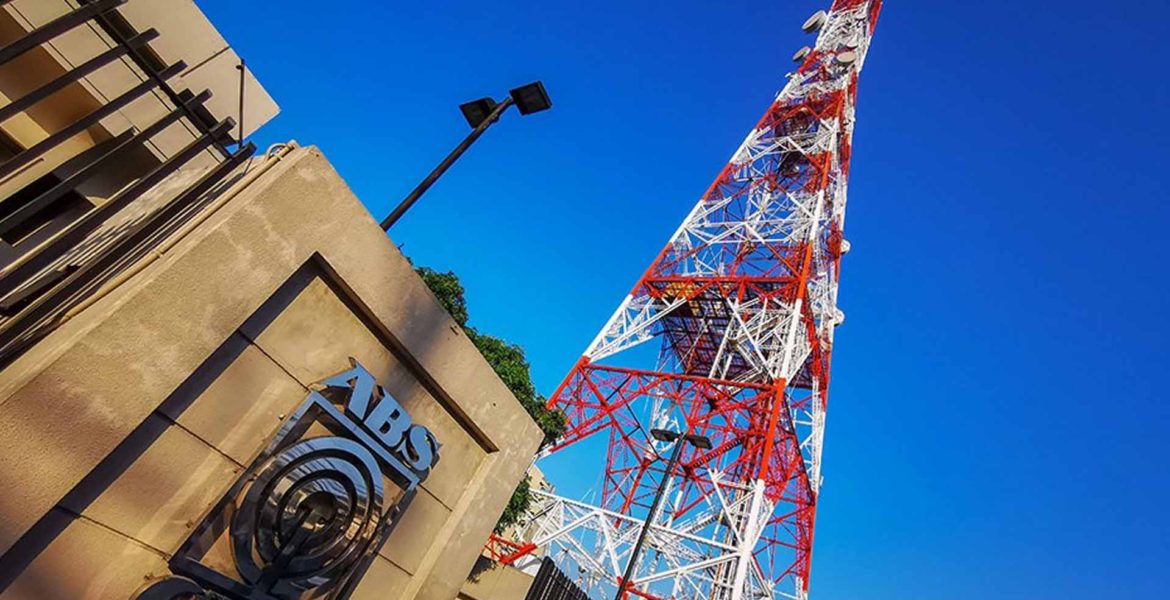ABS-CBN debunked various allegations involving the 50-year franchise limit, citizenship of its chairman emeritus, the issuance of Philippine Deposit Receipts (PDRs), and the supposed unlawful return of the company to the Lopezes at the House of Representatives today (June 1).
ABS-CBN president and CEO Carlo Katigbak emphasized that the 50-year franchise limitation pertains to a single franchise only, referring to Article 12, Section 11 in the Constitution that says that no franchise shall be granted except to citizens of the Philippines nor shall such franchise be for a longer period than 50 years.
“Malinaw po ang kahulugan nito. Na bawat prangkisang ibinibigay ng Kongreso ay hindi pwedeng lumampas ng 50 years. Pero wala naman pong sinasabi na ang buhay ng isang kumpanya ay may limitasyon na 50 years. Pwede naman pong bigyan ng panibagong prangkisa. (It is clearly stated that every franchise granted by Congress cannot exceed 50 years. But nothing in the provision states that a life span of a company is limited to 50 years. Its franchise can get renewed.),” he said at the second day of the Congress hearing on the network’s franchise renewal.
He also refuted the alleged ownership of ABS-CBN by a non-Filipino, confirming that its chairman emeritus Eugenio “Gabby” Lopez III is a Filipino citizen by birth and has the right to own a media company in the Philippines.
“Si Mr. Lopez po ay ipinanganak noong 1952 kaya sakop po siya ng 1935 Constitution. Ang tatay at nanay niya ay parehong Pilipino. Kaya from birth, automatic na siya ay isang Pilipino din (Mr. Lopez was born in 1952 and was covered by the 1935 Constitution. His father and mother are both Filipino. So he is automatically a Filipino from birth.),” he pointed out.
Katigbak further clarified another ownership issue, affirming that the Lopezes never lost ownership of ABS-CBN, even during Martial Law when the government shut it down.
“Ang pagbabalik ng ABS-CBN sa pamilyang Lopez ay ayon sa batas, at may basbas ng tatlong ahensya ng goberyno: ang PCGG, ang Office of the President, at ang Korte Suprema (The return of ABS-CBN to the Lopez family was legal and was approved by the government agencies: the PCGG, the Office of the President, and the Supreme Court.),” he disclosed.
“Ang PCGG mismo ang umaksyon na ibalik sa mga may-ari ang Channel 2 noong June 1986. Noong January 1987, nagkaroon ng agreement ang gobyerno at ABS-CBN na isaayos ang pagbalik ng mga iba pang facilities ng ABS-CBN na patuloy pang ginagamit ng goberyno. Itong agreement ay may basbas ng Korte Suprema noong 1989 (First of all, the PCGG decided to return Channel 2 to the owners in June 1986. In January 1987, there was an agreement between the government and ABS-CBN on the orderly return of ABS-CBN facilities that the government was still using. The Supreme Court affirmed the agreement in 1989.),” he narrated.
He also said that based on the agreement, PTV 4 returned ABS-CBN’s other facilities in 1992, six years after the EDSA Revolution happened.
Another issue Katigbak addressed is the alleged unconstitutional issuance of PDRs to foreigners. “Ang PDR po ay hindi katumbas ng pag-aari sa ABS-CBN (A PDR is not equivalent to a share in ABS-CBN.),” he stated, citing that PDR holders do not have voting rights.
He likewise reiterated that the Securities and Exchange Commission approved the PDRs.
He explained, “Ang pag-benta po ng PDR sa publiko ay inaprubahan ng SEC noong October 4, 1999. Paano ito magiging labag sa batas kung ang ahensya mismo ng gobyerno ang nagbigay ng permit para ibenta ang mga PDR na ito (The public offering of PDR was approved by the SEC last October 4, 1999. How could it have violated the law when the government agency gave the permit to offer the PDR to the public?)?”
He added that these were the same instruments used by another media company but it did not become an issue in their franchise renewal.
The House of Representatives’ started its deliberations on ABS-CBN’s application for a 25-year franchise after it withdrew House Bill No. 6732, which would grant ABS-CBN a provisional franchise to operate until October 31.
ABS-CBN stopped its broadcast operations on May 5 to comply with the cease and desist order issued by the National Telecommunications Commission (NTC), which earlier stated it would give ABS-CBN a provisional authority to operate following Senate Resolution No. 40, a letter from the House of Representatives’ committee on legislative franchises, and the Department of Justice’s advice.








